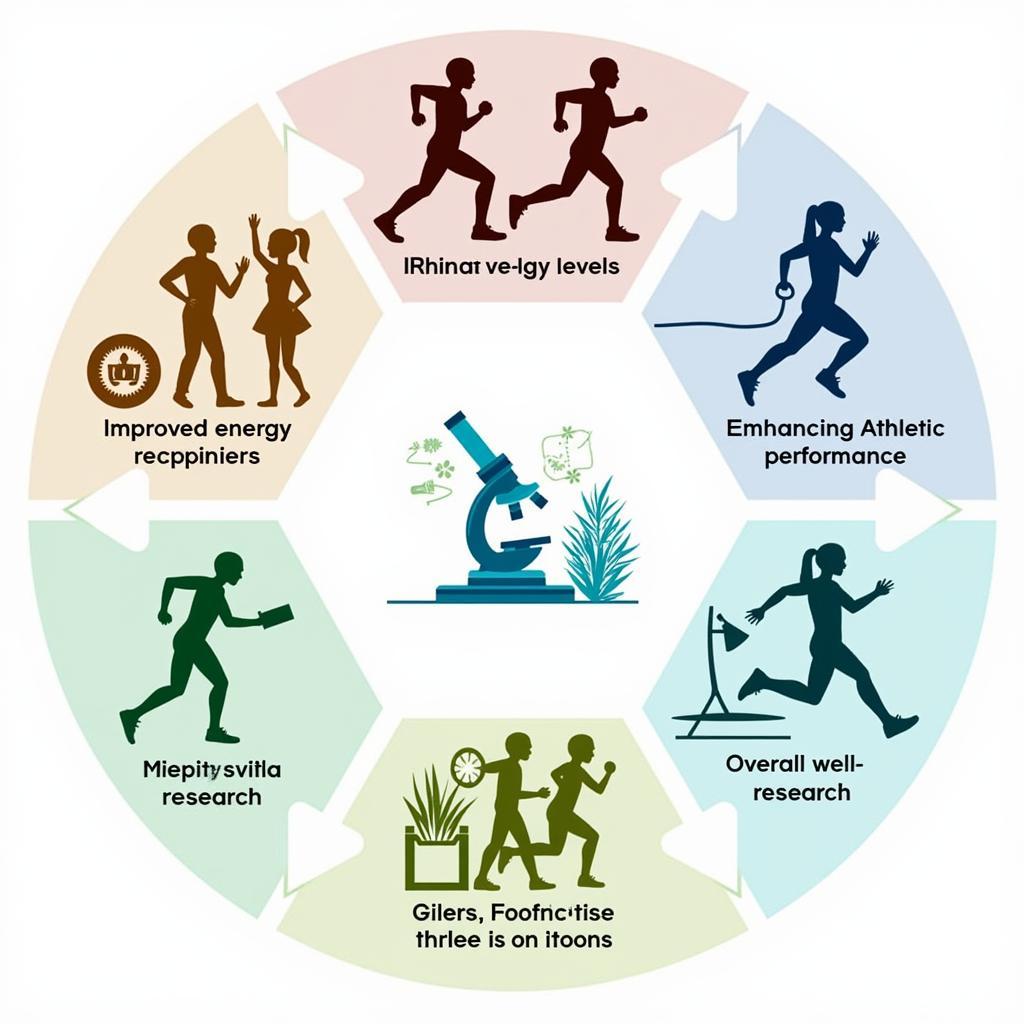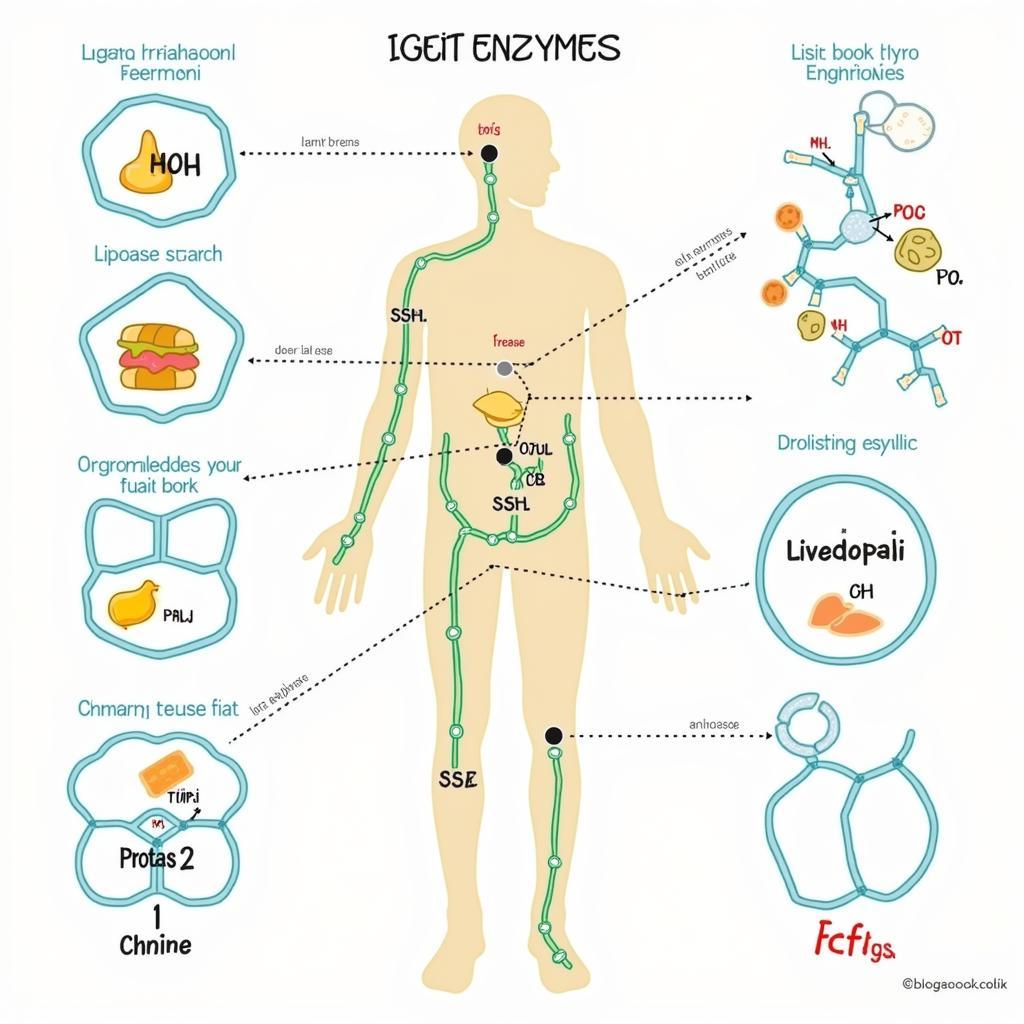Animal health is a significant concern for farmers and pet owners across Southeast Asia. With a diverse range of climates and farming practices, ensuring the well-being of livestock and companion animals is crucial for economic stability and food security. This comprehensive guide explores the multifaceted aspects of animal health in the region, highlighting the challenges, advancements, and opportunities in the field.
The Importance of Animal Health in Southeast Asia
Southeast Asia is home to a vibrant agricultural sector, with millions of people relying on livestock and poultry farming for their livelihoods. The region is a major producer of essential agricultural products such as rice, palm oil, and seafood. Healthy animals are essential for maintaining productivity and ensuring food security for the growing population.
Moreover, companion animals play an increasingly important role in the lives of people in the region. As urbanization rises, pet ownership has become more common, particularly in cities. Ensuring the health and well-being of these animals is crucial for public health and the emotional well-being of pet owners.
Challenges to Animal Health in Southeast Asia
Despite advancements in veterinary medicine, Southeast Asia faces unique challenges in maintaining animal health. These challenges include:
- Emerging Infectious Diseases: The tropical climate and high population density of Southeast Asia create favorable conditions for the emergence and spread of infectious diseases. Outbreaks of avian influenza, foot-and-mouth disease, and African swine fever have had devastating impacts on the region’s livestock industry.
- Antimicrobial Resistance: The overuse and misuse of antibiotics in animal agriculture contribute to the growing problem of antimicrobial resistance. This poses a significant threat to both animal and human health, as infections become more difficult to treat.
- Climate Change: Rising temperatures, extreme weather events, and changes in rainfall patterns can impact animal health by increasing the prevalence of heat stress, vector-borne diseases, and waterborne illnesses.
- Limited Access to Veterinary Services: In many parts of Southeast Asia, access to qualified veterinarians and diagnostic facilities is limited, particularly in rural areas. This lack of access can hinder disease surveillance, early detection, and timely treatment.
Advancements in Asea Animal Health
Recognizing the importance of animal health, Southeast Asian countries are making significant strides in improving animal health management. Some notable advancements include:
- Strengthening Veterinary Services: Governments are investing in strengthening veterinary infrastructure, training more veterinarians, and improving disease surveillance and control programs.
- Promoting Biosecurity Measures: Farmers are increasingly adopting biosecurity practices on farms to prevent the introduction and spread of diseases. These measures include strict hygiene protocols, vaccination programs, and movement controls.
- Regional Cooperation: ASEAN member states are actively collaborating on animal health issues through platforms like the ASEAN Sectoral Working Group on Livestock Development (ASWGLD). This regional cooperation facilitates information sharing, joint research initiatives, and the development of harmonized animal health standards.
The Role of Technology in Asea Animal Health
Technology is playing an increasingly transformative role in animal health management in Southeast Asia. Some key applications include:
- Disease Diagnostics: Rapid and accurate diagnostic tools are crucial for early disease detection and effective control measures. Molecular diagnostics, such as polymerase chain reaction (PCR) tests, are becoming more widely available, enabling rapid identification of pathogens.
- Precision Livestock Management: Precision livestock farming technologies, such as sensors, wearable devices, and data analytics, are being used to monitor animal health, optimize feeding regimes, and detect early signs of illness.
- Televeterinary Services: In remote areas with limited access to veterinary care, telemedicine platforms are bridging the gap by connecting farmers with veterinarians for remote consultations and diagnoses.
The Future of Asea Animal Health
The future of animal health in Southeast Asia will be shaped by several factors, including:
- Growing Demand for Animal Protein: As the region’s population and incomes rise, so too will the demand for animal protein. Meeting this demand sustainably will require continued advancements in animal health management.
- Climate Change Adaptation: Adapting to the impacts of climate change on animal health will be crucial. This will involve developing heat-tolerant livestock breeds, implementing climate-smart farming practices, and strengthening disease surveillance systems.
- One Health Approach: Recognizing the interconnectedness of human, animal, and environmental health, the One Health approach is gaining traction in Southeast Asia. This approach emphasizes interdisciplinary collaboration to address shared health threats.
Conclusion
Animal health is vital for the economic prosperity, food security, and public health of Southeast Asia. While the region faces unique challenges, significant progress has been made in improving animal health management. Continued investments in veterinary services, biosecurity measures, technological advancements, and regional cooperation will be crucial for creating a healthier and more sustainable future for animals and people in Southeast Asia.
For those interested in learning more about specific animal health topics in Southeast Asia, be sure to check out our related articles: ase certification test 6th year, animal ases, and asea renu 28 for hoof and mouth disease.
FAQs
What are the most common animal diseases in Southeast Asia?
Some of the most common animal diseases in Southeast Asia include foot-and-mouth disease, avian influenza, African swine fever, and porcine reproductive and respiratory syndrome (PRRS).
How can I prevent the spread of diseases on my farm?
Implementing strict biosecurity measures, such as controlling access to your farm, disinfecting equipment and vehicles, and practicing good hygiene, can significantly reduce the risk of disease outbreaks.
What are the benefits of vaccinating my animals?
Vaccinations help protect your animals from a range of diseases, preventing illness, reducing mortality rates, and improving overall herd health.
Where can I find a qualified veterinarian in my area?
You can contact your local government veterinary office or agricultural extension service for information on veterinary services in your area.
What is the role of ASEAN in promoting animal health?
ASEAN plays a crucial role in coordinating regional efforts to improve animal health through initiatives such as joint disease surveillance, capacity building programs, and the harmonization of animal health standards.
If you need assistance, please contact us at:
Phone Number: 0369020373
Email: aseanmediadirectory@gmail.com
Address: Thon Ngoc Lien, Hiep Hoa, Bac Giang, Vietnam.
Our customer support team is available 24/7 to assist you.


